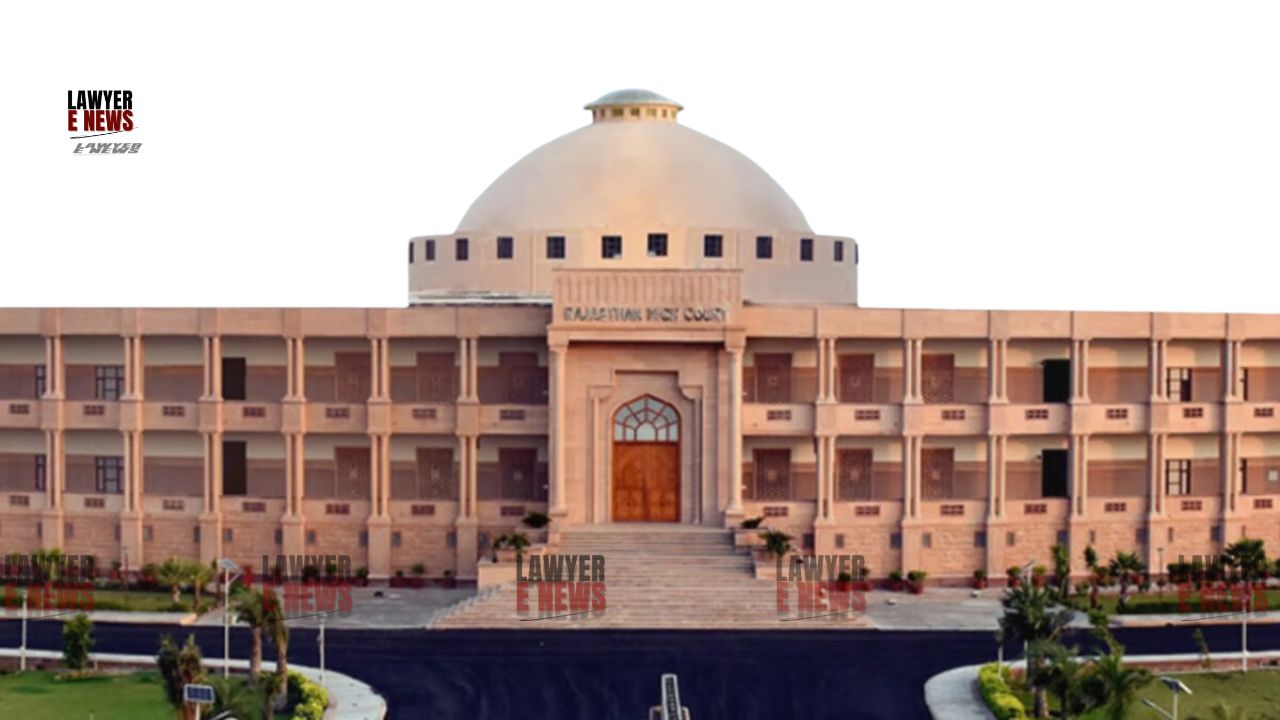-
by Admin
15 February 2026 5:01 PM



The Rajasthan High Court has acquitted Tanwar Singh, previously convicted of kidnapping and rape, reversing the judgment of the trial court. Justice Ganesh Ram Meena, in his detailed judgment, highlighted inconsistencies in the medical evidence and the credibility of witness statements, ultimately ruling in favor of the accused due to reasonable doubt.
Tanwar Singh was accused of kidnapping a 14-15-year-old girl, Santosh Kanwar, from a village fair in Jhalawar on November 2, 1990, and subsequently raping her. The victim’s father, Kesar Singh, lodged an FIR two days later, leading to the arrest and conviction of Tanwar Singh by the trial court in 1993. He was sentenced to five years of rigorous imprisonment under Sections 363 and 376 of the IPC, with both sentences to run concurrently.
Justice Meena emphasized the trial court’s failure to account for the variations in age assessment through medical evidence. According to Dr. Gauri Shankar Chauhan’s testimony, the victim’s age was estimated to be between 16 and 18 years, a range that allows for a margin of error. The court noted that medical jurisprudence accepts a two-year variation in age estimation, making it plausible that the victim could have been 18 years old at the time of the incident, thereby affecting the applicability of Section 363 IPC.
The court scrutinized the testimonies of key witnesses, including the victim and her family members. Discrepancies in their statements, particularly regarding the circumstances under which the victim went with the accused, raised doubts about the prosecution’s narrative. The court found that the victim’s actions indicated voluntary participation rather than coercion, casting further doubt on the allegations of kidnapping and rape.
The judgment underscored the necessity of proving allegations beyond reasonable doubt in criminal cases. The court found that the medical evidence did not corroborate the claims of sexual assault, as no injuries or definitive signs of rape were found on the victim. Furthermore, the victim’s own testimony suggested consensual activity, conflicting with the prosecution’s assertion of forced abduction and rape.
Justice Ganesh Ram Meena remarked, “The benefit of the outer margin regarding the age of the victim should be given to the accused. In view of such medical evidence, the age of the victim may be taken to be 18 years or more, as the prosecution has failed to prove that she was conclusively below 18 years of age.”
The Rajasthan High Court’s acquittal of Tanwar Singh highlights the judiciary’s commitment to ensuring convictions are based on conclusive evidence. This judgment reiterates the importance of scrutinizing medical and witness testimonies in criminal cases and underscores the principle that any reasonable doubt should favor the accused. This ruling is likely to influence future cases, particularly those involving age determination and the credibility of witness statements.
Date of Decision: July 01, 2024
